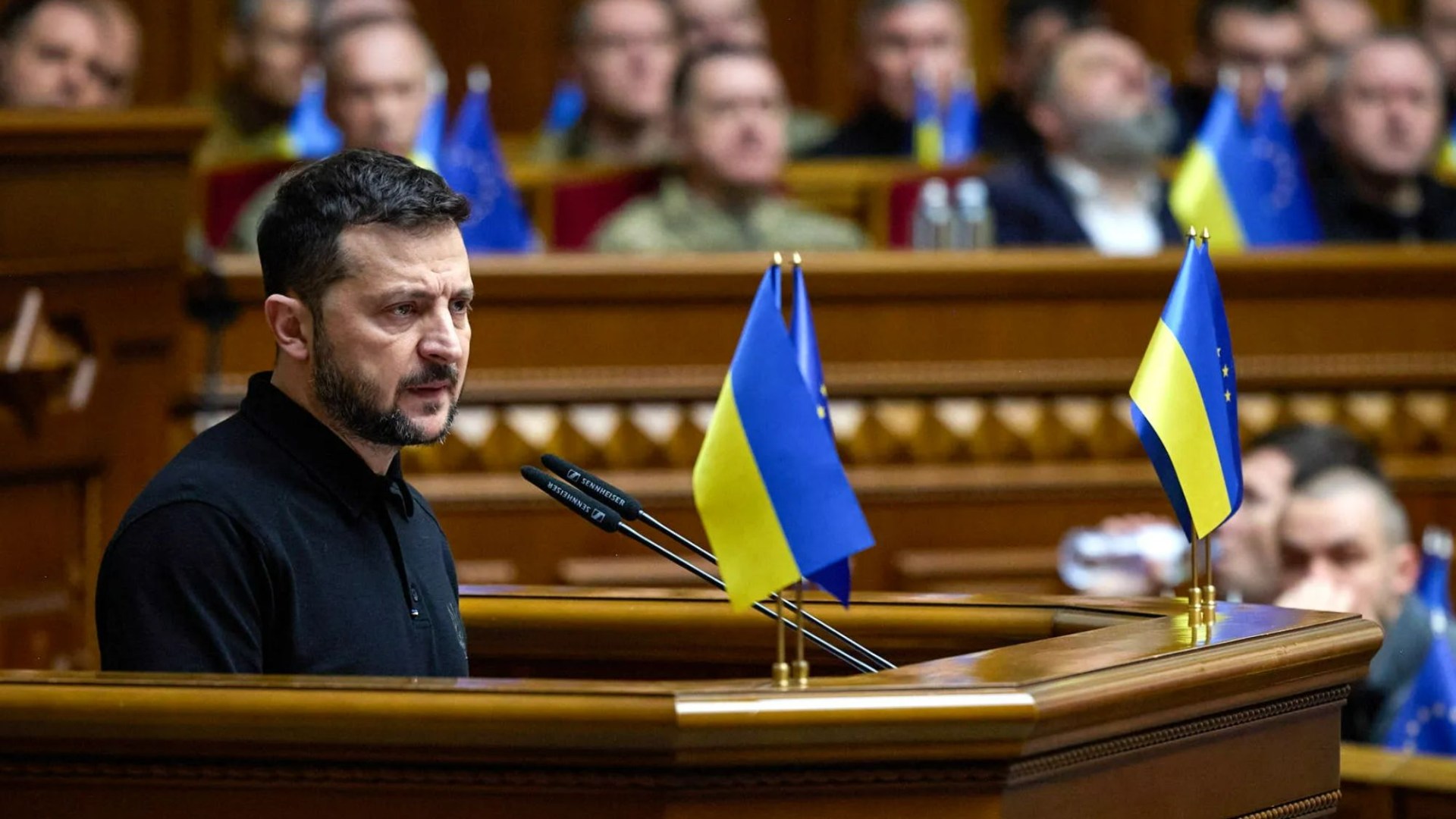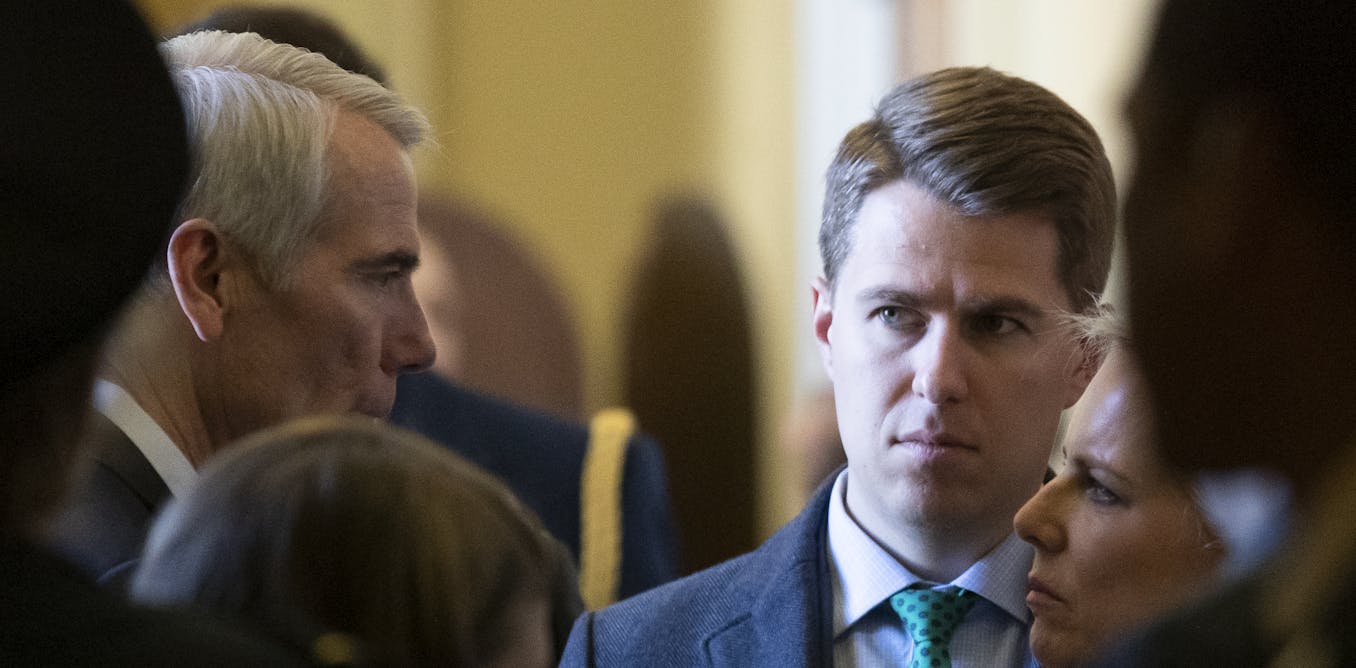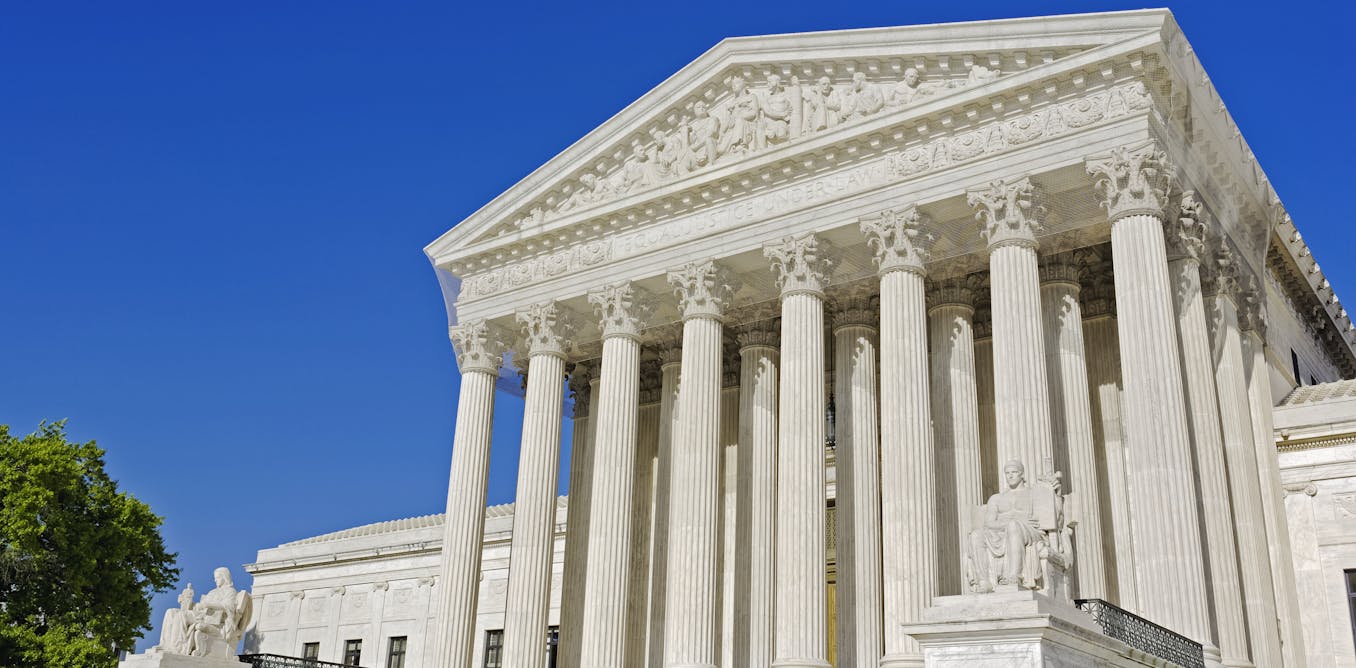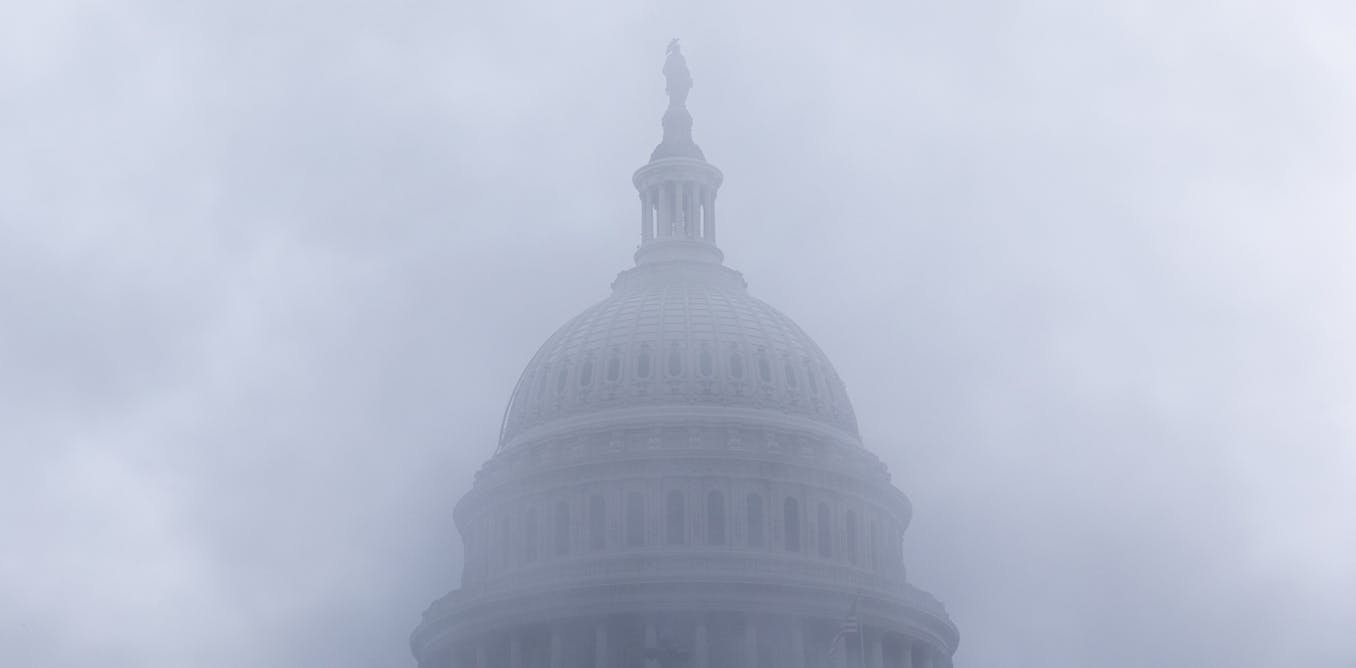PRESIDENT Volodymyr Zelensky has revealed his five-step “victory plan” for defeating Vladimir Putin and ending Russia’s war.
The hopeful proposal is based on putting Ukraine in a position of strength and linking its security with the West to deter Russia from invading it again.
10

10

10

10
Zelensky told Ukraine’s parliament Wednesday he is not prepared for a frozen conflict or any trade-offs involving territory or sovereignty.
He said: “If we start moving according to this victory plan now, it may be possible to end the war no later than next year.”
Specifics include getting Nato to invite Ukraine to join the alliance and getting the allies to help further strengthen its own defence.
Ukraine also wants to host non-nuclear weapons on its soil to deter Russia, but it did not explain what exactly those were.
Zelensky reiterated his desire for permission from allies to use the long-range weapons they provided deep inside Russia.
The proposal also wants the US and EU to jointly protect Ukraine’s natural resources
Finally, after the war, Ukraine wants to provide its own troops in Europe as part of the bloc’s defence against Russia.
There are also three addendum to the plan, but they have remained secret, according to the BBC.
But the Kremlin dismissed the plan with a spokesman saying Kyiv needed to “sober up”.
Ukraine’s troops are having trouble holding back Russia’s army in the eastern Donetsk region where they are gradually being pushed back.
Though Russia’s gains have been incremental, its steady forward movement is slowly adding up and Ukraine keenly feels the need for more large-scale Western help.
The Ukrainian leader revealed Western pressure is now ramping up on Kyiv to negotiate with Moscow.
Zelensky had travelled to present the plan to his Western allies over the past few weeks, including to US President Joe Biden.
One of those he presented the plan to was former President Donald Trump, who has vowed to end the war if he wins the election.
Ukraine’s five key points

PRESIDENT Volodymyr Zelensky revealed a five-step plan to his parliament for victory. These are the five steps.
- Inviting Ukraine to join Nato
- The strengthening of Ukrainian defence against Russian forces
- A non-nuclear strategic deterrent package deployed on Ukrainian soil by allies
- Joint protection by the US and the EU of Ukraine’s natural resources
- After the war, replacing some US troops stationed in Europe with Ukrainian troops
Trump claims he will even be able to end the war before taking office in January if he were to win the November 5 vote.
But the Republican has not revealed how he would end the conflict, which has been raging for nearly three years.
There are worries Trump will pull the US’ significant backing for Ukraine and force the country into accepting Putin’s terms.
For months Trump has criticised US support for Ukraine and ridiculed Zelensky as a salesman for persuading Washington to provide weapons and funding to his military.
Despite Zelensky’s attempts to win approval for the plan from Western partners, none have yet publicly voiced their support.
But Ukraine is adamant it will not cede territory and has vowed to continue fighting despite Russia making incremental gains in the east.

10

10
Ukraine, Zelensky said, also needs more air defence systems and assistance from partners to shoot down Russian missiles as the war continues.
It also requested access to a broader range of intelligence from allies.
In July, Nato’s 32 members declared Ukraine to be on an “irreversible” path to membership.
But any decision on offering to start membership talks is probably not likely before the next summit in the Netherlands in June.
Megan Gittoes, Director of Communications at the Henry Jackson Society said Nato membership was not feasible during the war.
She said that the proposal showed Ukraine was looking to boost its sovereignty through defence measures.

10

10
Gittoes said: “Focusing on conventional military assets and advanced technology—would strengthen Ukraine’s ability to fend off future Russian aggression without risking nuclear escalation.
“Zelenskyy’s proposal to replace some US troops stationed in Europe with Ukrainian forces signals Ukraine’s growing ambition to play a leading role in regional security after the war.
“This would not only reduce the burden on Western millitaries but also showcase Ukraine’s increasing capability to safeguard Europe’s security.”
Zelensky told media last month: “I think that we are closer to peace than we think. We are closer to the end of the war.
“The plan for victory is to strengthen Ukraine. So we ask our friends, our allies to strengthen us. This is very important.”
The Ukrainian leader said in the interview that only from a “strong position” can Ukraine push Putin “to stop the war”.
Nato chief Mark Rutte told reporters he was aware of the details of Zelenskiy’s plan and that he was in touch with the alliance’s member countries on the next steps.
“The victory plan, of course, we are very much debating with them and using every opportunity to take that one step-by-step further.”
Russia suffers ‘deadliest month’ since start of Ukraine war with over 1,200 killed every day

By Georgie English, Foreign News Reporter
VLADIMIR Putin’s army has suffered the deadliest month of fighting since the start of the Ukraine war.
Vlad’s meat grinder approach to the conflict has left an average of 1,270 troops killed each day across September, British intelligence has revealed.
Over 661,000 Russian soldiers have been eliminated since the war began back in February 2022, say Ukraine’s Armed Forces.
With September being the worst month on record for Russia with the average casualty rate rising to 1,271 troops killed or badly injured per day, The Telegraph reports.
September also marks the fifth consecutive month that Russian losses sat at an average of over 1,000 daily deaths, say the UK Ministry of Defence.
The previous bloodiest month was in May when the highest daily rate was 1,262 soldiers.
This year is also on course to be by far the most devastating year for Putin by the numbers.
Russia averaged between 172 and 559 casualties a day in 2022 with the peak rate hitting just 967 last year, say the MoD.
Analysts have blamed the steep rise in deaths on the conflict zones along the Ukrainian border increasing.

10

10




